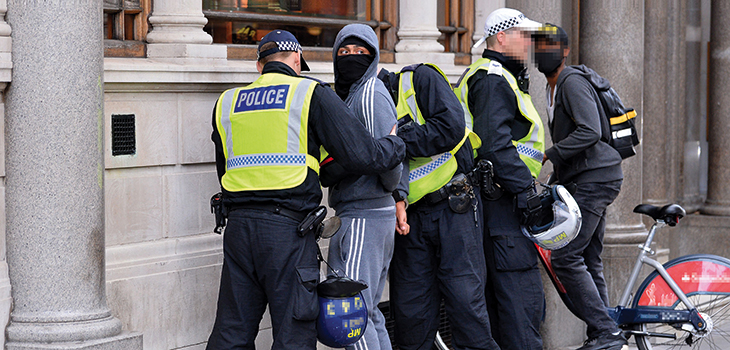
In brief
- Stop and search powers: PACE and associated legislation.
- Headline figures: a significant increase in recorded stop and searches.
- Impact of the pandemic: making greater use of powers?
Each year, towards the end of October, the Home Office publishes statistical data relating to the use of certain statutory powers by police forces in England and Wales. The period covered by the data adopts a financial year approach, ie the year ending 31 March. For present purposes, the focus of the discussion will be on the data relating to police use of powers to stop and search in 2019/20.
The powers
For data collection purposes, stop and searches are categorised as being made under either: s 1 of the Police and Criminal Evidence Act 1984 (PACE) and associated legislation, eg s 23(2) of the Misuse of Drugs Act 1971; s 60 of the Criminal Justice and Public Order









